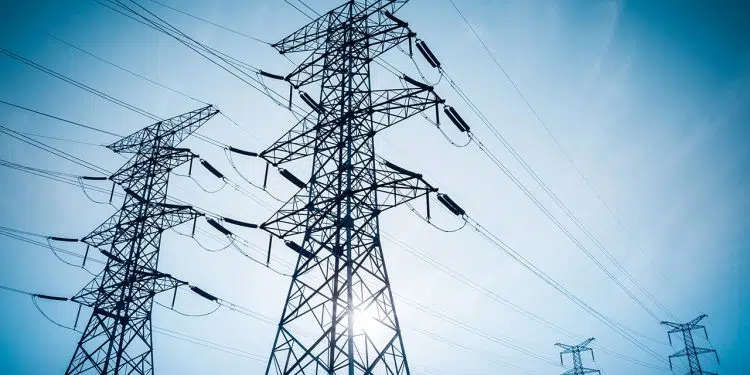Brussels – An Action Plan on Electrification within the first 100 days of the mandate: That’s what Eurelectric, the federation of the European electricity industry, is calling for on the new European Commission to support the deployment of electricity because, while the share of renewables in generation is increasing, demand is low.
Today (Monday, July 1), the association released data from its platform, Elda, showing that 74 per cent of electricity generated in the EU in the first half of 2024 came from renewable and low-carbon energy sources. “A significant increase from the 68 per cent share in 2023” to be attributed, according to Eurelectric, to the unprecedented influx of renewables onto the grid and the stabilisation of the nuclear fleet. “The pace of change is impressive. These data document that the decarbonisation efforts of electric utilities are years ahead of any other industry,” said Eurelectric’s Secretary General, Kristian Ruby.
In contrast, electricity demand was down 3.4 per cent in the first half of 2023 compared to the same period in 2022 and remained low in 2024, 2.6 per cent lower than in the first half of 2022. According to Eurelectric, the reasons are industry relocation abroad, warmer temperatures, energy conservation and slow economic growth. “Years of stagnant electricity demand have now turned into a steady decline. Policymakers urgently need to support electricity deployment to provide the necessary investment signals for clean generation,” added Kristian Ruby.
To do so, Eurelectric is calling on the new Commission to propose an Action Plan on electrification within the first 100 days of its term, with an indicative target of 35 per cent for 2030 and a clear electrification indicator to be introduced in the National Energy and Climate Plans (NECPs) of EU countries to monitor and achieve progress on the ground. According to the federation, “inaction could result in failing to meet EU climate goals, reducing renewable generation, and slowing investment in the leading sector of the energy transition.”
In addition, policymakers need to “continue efforts to relieve the price of electricity from taxes and fees to create favourable economic conditions for consumers to shift away from more carbon-intensive energy carriers” and “increase awareness of the cost-saving potential of electricity: recognise that our exposure to volatile fossil fuel imports from external sources entails huge but avoidable costs. The positive impact of large-scale electrification with clean domestic power generation on the security of supply should be duly considered as medium- to long-term savings, rather than just an expense.”
English version by the Translation Service of Withub

![[foto: archivio]](https://www.eunews.it/wp-content/uploads/2014/05/risparmio-energetico.jpg)







